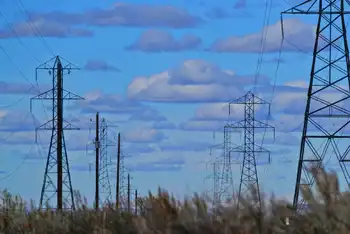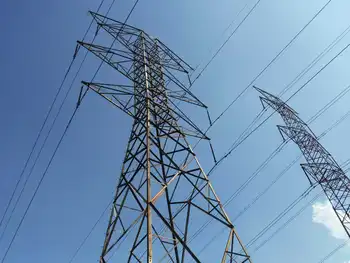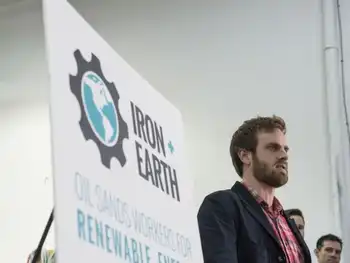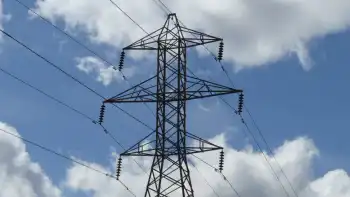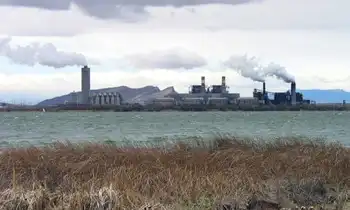New cracks found in Crystal River plant
By St. Petersburg Times
Substation Relay Protection Training
Our customized live online or in‑person group training can be delivered to your staff at your location.

- Live Online
- 12 hours Instructor-led
- Group Training Available
The good news is the company says the cracks are not a threat to public safety, despite the unfortunate timing of announcing the need for more repairs amid growing international concern over Japan's nuclear power plant crisis.
The bad news is Progress Energy has announced plans several times over the past 18 months to restart the Crystal River plant, located in Citrus County. But the company has been forced to postpone those startups due to concerns over the integrity of the 42-inch concrete wall surrounding the nuclear reactor. The price tag in extra costs due to the long delay is approaching half a billion dollars.
The facility, Progress Energy's sole nuclear power plant in Florida, was taken offline in September 2009 for refueling and maintenance. A crack or "delamination" discovered in the concrete wall surrounding the reactor was repaired. The plant was expected to begin operation next month once steel tension bands or "tendons" in the wall were carefully tightened to provide added strength to the containment building.
The containment building houses the plant's nuclear reactor, steam generators and other pumps and valves. The electrical generators are in another building. The structure is engineered to contain the rapid buildup of heat and pressure that would take place if a large pipe broke.
Signs of new cracks were found as a result of that retensioning process. No new startup date has been set.
"There are indications of additional delamination or separation resulting from the repair work," Progress Energy stated. "Engineers are evaluating the situation and will conduct a thorough assessment of repair options and the impact to the plant's restart plans."
"This has been a first-of-a-kind repair, and we will continue to move forward cautiously and deliberately," Progress Energy Florida CEO Vincent Dolan said in a statement.
The Crystal River nuclear plant began operating in 1977. Progress Energy wants to extend its operation another 20 years beyond 2016, the original lifespan of the plant's 40-year license.
Broken down, Progress Energy spent $150 million for repairs as of December and another $290 million to buy the electricity that otherwise would have been generated by the plant.
Part of those costs are covered by Progress Energy's insurance company, Nuclear Electric Insurance Limited. As of December, it had paid out $181 million to the utility. Of that, $117 million went toward buying replacement power and $64 million for repairs. Ongoing costs will raise the final price tag.
Progress continues to submit claims to its insurance company. The amount the insurance company doesn't pay will be passed on to its 1.6 million Florida customers.





